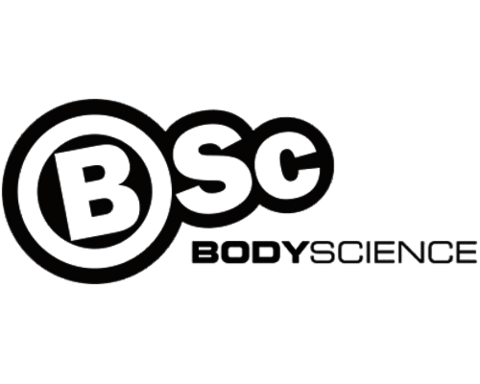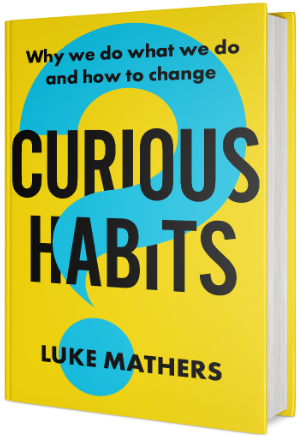What are YOUR stress Habits?
- How do you react when your boss dumps another big job on your already
overloaded desk? - How do you react when your kid spills orange juice on your new top just
before you go out? - How do you react when your partner is insensitive and says hurtful?
Your reactions to these everyday situations will determine if stress is long term and harmful (sticky, toxic stress) or short term and productive (StressTeflon).We have habits in every part of our life. We can’t think about EVERY action we take in life and habits allow us to get things done easier, without too much thought.
But what about stress habits? What are your go to reactions to stressful situations? Yell and scream? Go quiet and hide? Or, punch and run?
There are always going to be stressful situations, and they cause reactions in your brain and body. Knots in the stomach, heart racing, and sweaty palms. These are natural responses to a stressful situation. In caveman times, they kept us alive by helping us to run or fight. They may feel uncomfortable, but that discomfort is what ensured that we reacted and stayed alive.
Things are rarely life and death in modern society. The problem is, the same (fight or flight) reactions are still there, and they still make us feel uncomfortable. This motivates us to do something to feel better.
In general, your body’s stress response will cause people to do one of the following:
Avoid: I Don’t like this feeling. I won’t put myself in that situation again. Using avoidance to deal with stress is an excellent way to increase anxiety and ensure you don’t learn from difficult situations. Fleeing from stress just makes you more worried when stress reappears (at it will reappear).
Attack: As the saying goes, “the best form of defense is attack. In some situations, it is indeed the best option. If attacking is your go to stress habit, you will find yourself dealing with the original problem and the extra ones brought on by your aggressiveness.
Distract: Food, booze, drugs, gambling, and Netflix are all ways people numb the stress response. If stress makes you uncomfortable, these (and others) may be your habit for dealing with it. They all provide instant gratification but need to be used along with a liberal dose of self-awareness. Understand what you are doing and why you are doing it.
Embrace: This is where the Stress Teflon magic lies. By embracing the stress response, you treat stress as a challenge. Anxiety becomes excitement, and this will help you find solutions and develop pride and resilience.
Here is an excerpt from Stress Teflon that explains how habits work in our
brains.
When we look at how the brain works, we have a look at neural pathways and how our brains are wired. There are about a hundred billion neurons in the average human brain, and each one is connected to thousands of others, creating literally trillions of neural pathways. Some of these pathways are short, some are long, some are weak, and some are strong, and it is the activity in these pathways, the neurons talking to each other, that creates all your thoughts, behaviours, and actions. I like to think of neural pathways as being like paths in a sand dune. Your natural way of walking to the beach is on the most well-worn path. It is possible to walk over the other parts of the dune, but it’s more difficult. Humans are a bit like electricity and water. We will take the path of least resistance.
Habits are our brains sticking to well-worn paths. We think a certain way because we’ve always thought a certain way. When people say things like ‘I’ve always had a bad temper’, they are saying that the pathways between Old and New Brains aren’t very well worn. The integration between Old and New Brains isn’t a habit for them. The good thing is you can make new paths in the sand dune. You just have to consciously walk in a different direction and make new paths. It takes more effort but it is possible. You have to decide to keep your two brains integrated and have a better way of working out who’s in charge for a given circumstance. You have to make this a habit. The great thing about sand dunes (and neural pathways) is that every time you make yourself take that new, better path, it becomes a little more worn, until one day soon that new path is the most well-worn path and you don’t even realise that you’re taking it. Don’t look now, but you have created a new habit.
What I’d like people to do, is create “stress habits” that are deliberate and helpful. Look at your reactions to situations and decide on the path you want to take that will get the best results. When reactions are deliberate, we make better choices and avoid poor reactions that will add to our stress levels later on.
A lot of poor “stress habits” can be changed by asking yourself the three part Stress Teflon quiz:
- What am I thinking?
- Why am I thinking it?
- Is it helping?
Asking these three questions will ensure that your habits under stress are still deliberate, and productive. The reactive “stress habits” are the ones that amplify problem and make stress stick. Choosing your habits is a great way to make you Stress Teflon.











